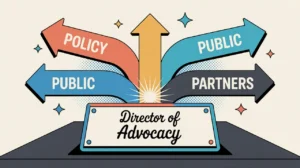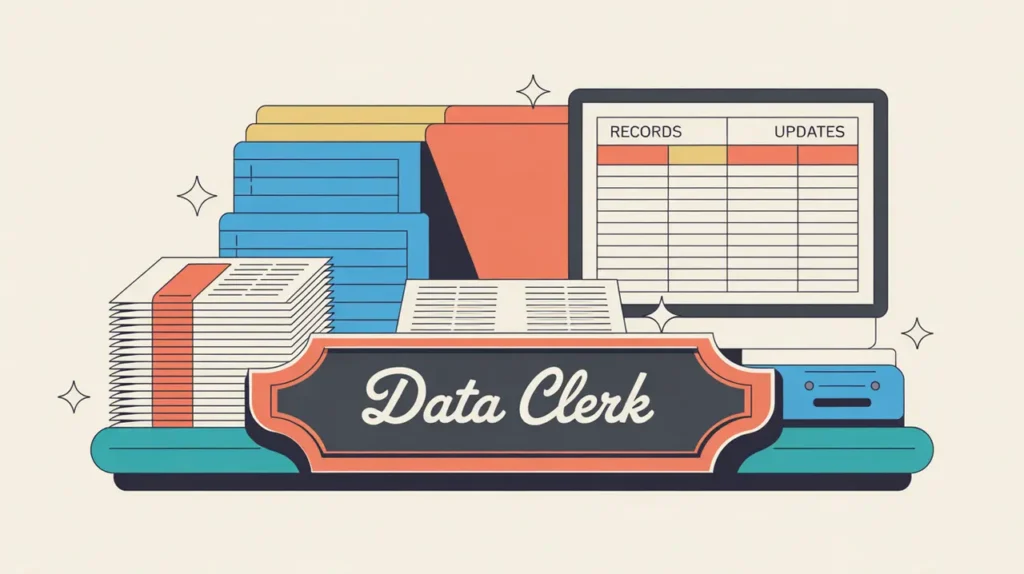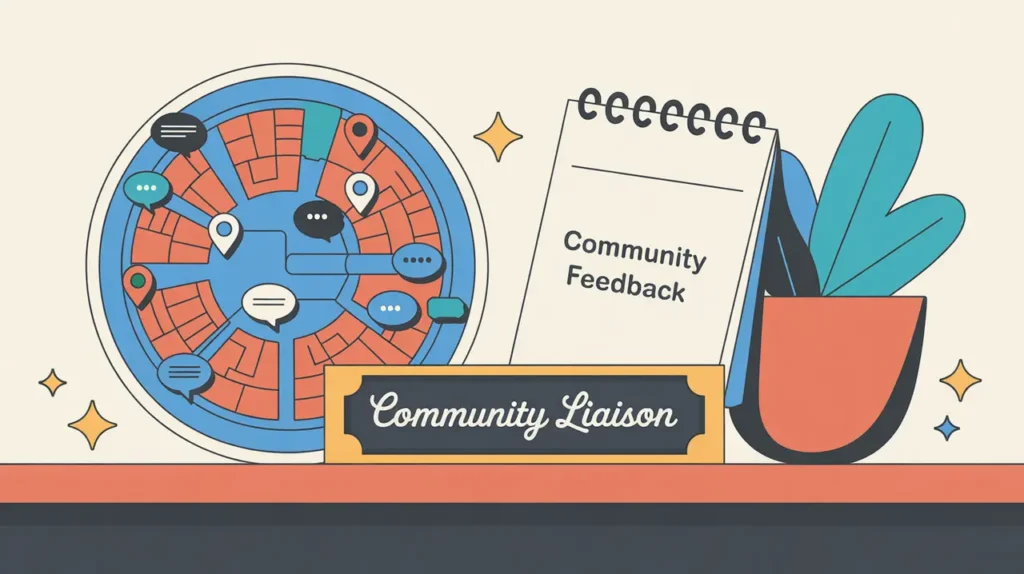What Does the Reporting Assistant Role Involve?
A Reporting Assistant is responsible for supporting the preparation, organization, and delivery of reports that communicate program, financial, or operational performance to internal and external stakeholders. They handle data collection, formatting, document preparation, and coordination tasks that ensure reports are accurate, timely, and well-structured. Their work enables teams to meet donor, regulatory, and internal reporting requirements efficiently and with a high degree of consistency.
In nonprofits and social enterprises, Reporting Assistants play a foundational role in ensuring that funders, partners, and leadership receive reliable information to support accountability, decision making, and relationship management.
At What Level does this Role Operate?
Entry Level: Reporting Assistants typically operate under the supervision of a Reporting Officer, MEL (Monitoring, Evaluation, and Learning) Manager, or Program Manager. Their focus is on administrative, logistical, and data support tasks that contribute to reporting processes.
Relative Employability: Reporting Assistant roles are widely available across nonprofits, NGOs, foundations, and social enterprises. They offer a strong entry point into roles related to MEL, program management, or grant compliance, particularly for those with strong organizational and data-handling skills.
Relative Pay Scale: Reporting Assistants generally occupy the lower pay bands, reflecting their support-focused responsibilities. Their compensation aligns with other assistant and clerk roles across operations, finance, and program functions.
What are the Key Responsibilities and Activities?
- Collect and compile data from program, finance, or MEL teams to support reporting requirements
- Prepare draft sections of reports, including tables, charts, and narrative summaries, for review by senior staff
- Format and proofread reports to ensure clarity, consistency, and alignment with donor or organizational templates
- Maintain organized files and documentation related to reporting cycles and submissions
- Track reporting deadlines and coordinate timelines with relevant teams to ensure on-time delivery
- Support the development of presentations or briefings that accompany reports
- Update reporting trackers and dashboards with the latest data and submission statuses
- Provide general administrative support to reporting processes and teams
What Core Competencies and Qualifications are Needed?
Required Qualifications and Experience
The following reflect common qualifications and experience expected for this role, while recognizing that pathways may vary by context, organization, and region.
- Relevant academic background in administration, social sciences, communications, or related fields
- Experience in data entry, document preparation, or administrative support
- Familiarity with Excel or other data management tools
- Strong written communication and organizational skills
Key Competencies
- Attention to detail and accuracy in handling data and documents
- Strong organizational and time management skills to meet reporting deadlines
- Clear written communication and formatting abilities
- Capacity to work collaboratively with multiple teams
- Reliability and consistency in administrative follow-through
- Willingness to learn about donor compliance and reporting frameworks
How are AI and Automation Shaping this Role?
An AI-native Reporting Assistant can use AI tools to automate data compilation, generate draft narrative sections from structured data, and format reports according to donor templates. AI can also flag missing data, track upcoming deadlines, and maintain real-time reporting dashboards. These tools reduce manual administrative work, allowing assistants to focus more on quality control and supporting analysis.
What Career Pathways and Transferable Skills are Associated with this Role?
Reporting Assistants can progress to roles such as Reporting Officer, MEL Associate, Program Officer, or Grants Coordinator. Their skills in data organization, documentation, and cross-team coordination are transferable to roles in program management, monitoring and evaluation, donor compliance, and operations. Over time, they may take on greater responsibility for drafting full reports, analyzing data, and liaising directly with donors or senior leadership.







